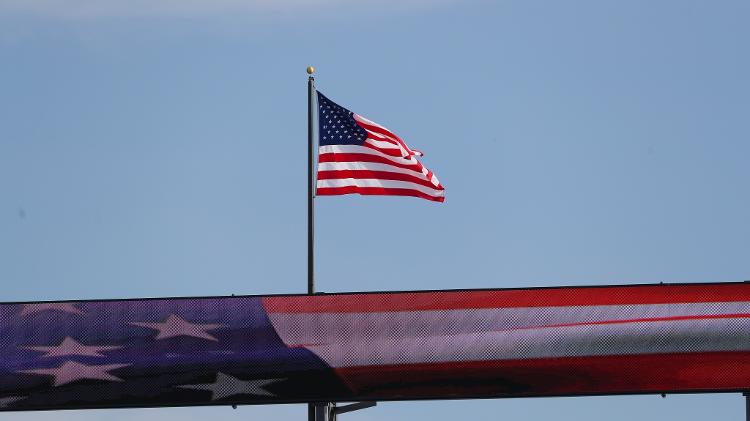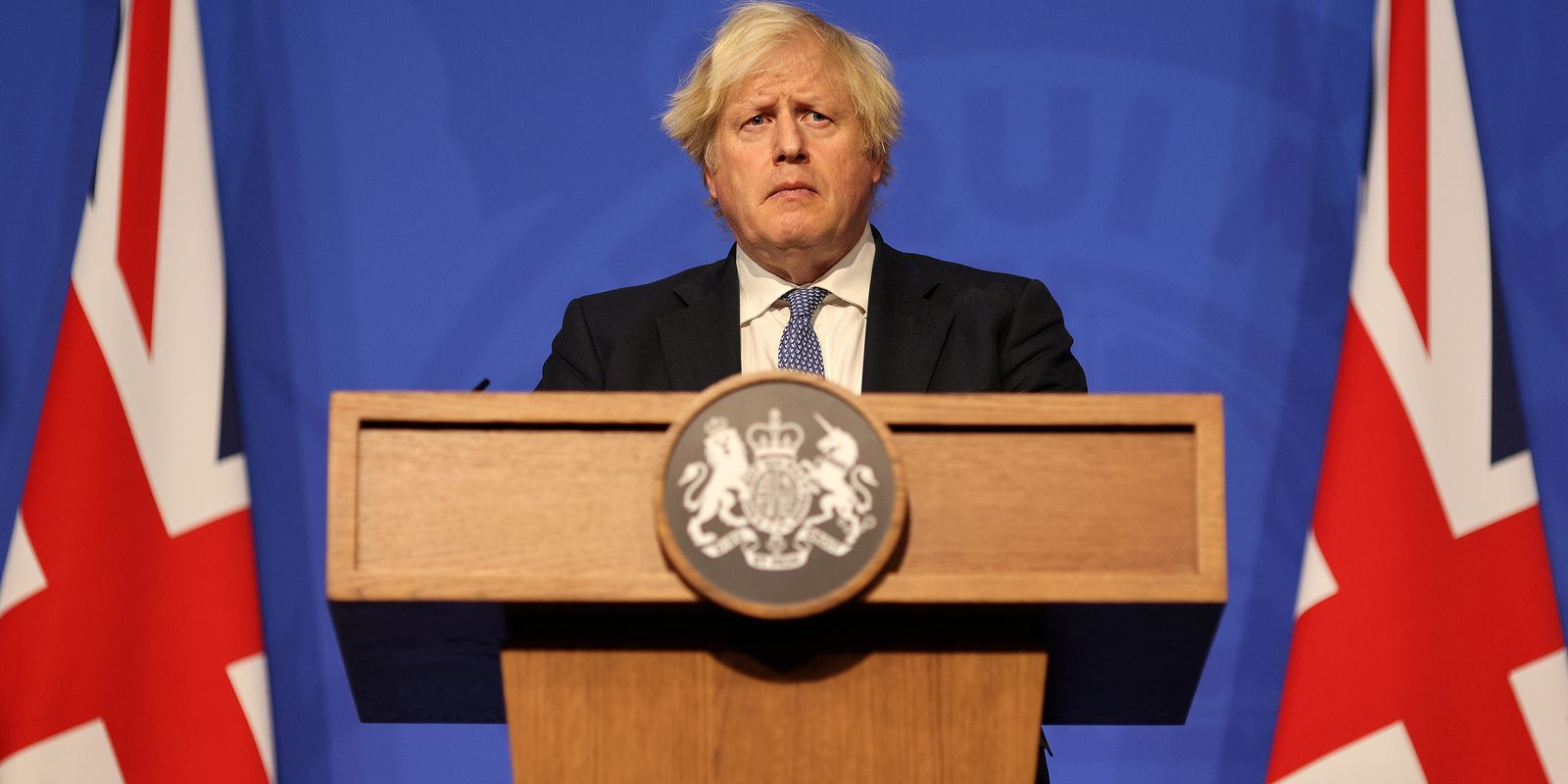Think quickly: what term do you use in Portuguese to refer to people born in the United States of America?
American? North American? American?
Whatever your answer is, it is correct, according to Portuguese textbooks and dictionaries. But your choice can reveal, in a way, how you think…
The Houaiss Dictionary, one of the most respected in Portuguese, puts the terms as equivalents: “American = relative to the United States of America (United States of America) or what is its native or inhabitant; American, North American, Yankee.
already the Alexandre de Gusmão Foundation, linked to the Brazilian Ministry of Foreign Affairssays: “Accordingly, ‘American’ is the gentile of ‘America’ or ‘Americas’; ‘American’, the gentile of ‘North America’; and ‘American’, the gentile of ‘United States’. When the context do not allow questionable interpretations, the forms “American” or “North American” may be used in reference to the United States”.
Portuguese language teacher and consultant Thais Nicoleti also clarifies that the use of each is optional? although the dispute over it is not new.
“It should be noted that the name of the country is “United States of America”, as well as the full name of Brazil, which was formerly “United States of Brazil”, is “Federative Republic of Brazil”. United”. or “Federative Republic” refer to the type of country. The name, in fact, is what comes after: America and Brazil.”
Rules and norms aside, the use of the word “American” has often been questioned by news readers and social media commentators.
After all: if there is a continent “America”, how can “American” identify a single country? This discussion dates back to the emergence of the United States as a nation.
The origin of “America”, country and continent
The first document that records the appearance of the word “America” is a map from 1507, by German cartographer Martin Waldseemüller. The most accepted theory is that the “baptism” was a tribute to the Italian explorer Amerigo Vespucci (Amerigo Vespucci), who first identified the landmass of the so-called “New World” as a continent separated from the others by the oceans.
The first record of “America” in the country name of the United States is attributed to the proposed Declaration of Independence, in 1776. Prior to this the area was known as the Thirteen Colonies and later the Colonies united? at the time, it was these territories that came together to form the new country, the first independent country on the American continent.
Canadian Sean Purdy, professor of United States history at the University of São Paulo (USP), points to other names proposed at the time: Imperial America, Great Republic and Great United States.
According to the professor, the adjective “American” (as in “song americana”) and the name “american” (“he is American”) began to be used soon after the founding of the republic, coexisting with regional or state names, such as Southerner (Southern), New Yorker (New Yorker) or of ancestry, such as Scottish and Irish.
“But consistent use took time, because the founders knew that the new republic did not include all of America. For decades, many leaders used ‘United States’, ‘the Republic’, ‘the Union’ and ‘Columbia’ for the country,” Purdy said.
It was not until the United States became a power at the end of the 19th century, with external interventions in Latin America, that the term “America” entered common usage.
“Presidents and other leaders of the republic rarely called the country America until the end of the 19th century. After the 1898 Spanish-American War against Spain, when the United States conquered Cuba, Puerto Rico and the Philippines, presidents like Theodore Roosevelt and everyone since then, they started using ‘America’ as their country, so it reflects how language is constructed in contexts of power and social relations,” Purdy explains.
Why do we adopt “American” in Brazil?
Although Brazilians rarely use the name “America” to refer to the United States, “Americano” remains the most common gentile in the country.
In other languages, such as the Spanish spoken in Latin America or the French spoken in Canada, the most commonly used would be the equivalent of “American”.
“I believe it has a lot to do with the fact that Spanish speakers in the Americas identify more with the term America and other Latin American countries (especially when speaking Spanish) than Brazilians identify so much with the rest of the Americas,” says Sean Purdy.
The consultant Thais Nicoleti points out that “American” has been written in this way in Brazil since the work of the writers Machado de Assis and Lima Barreto, “which attests that it was a common form at the end of the 19th and at the beginning of the 20th century”. In the prison memoriesby Graciliano Ramos, a book written in the 1930s, both “American” and “North American” appear with the same meaning.
Ideological dispute?
An aversion to American “imperialism” (a policy of territorial and cultural expansion and domination) is the main reason for the effort to use the term “American”, according to the two experts consulted.
“Many scholars want to distinguish the United States from the rest of the Americas. This has to do with an anti-imperialist policy towards the United States and also to strengthen ties and identities between Brazil and other countries in America Latin,” says Sean Purdy, of academia.
Thaís Nicoletti, meanwhile, associates the use of the word “American” or even “North American” with left-wing publications, as an attempt “to prevent a single country, not by chance the imperialist power of America, does not appropriate the Gentile of the whole continent”.
For her, this argument “seems to have no basis”, since the context would not allow the confusion of the “American” designating the country with its namesake linked to the continent”.
“In my opinion, although they may reflect a political position, these uses, on their own, have an almost insignificant effect as a form of resistance. coming from the ‘giant of the North'”, he opines. .
But can this change?
The Portuguese teacher explains that the “rule” in the language is “regularity”, that is, what is repeated frequently.
In the case of Gentiles, although there are suffixes that appear more frequently (such as -ês in English, French or Senegalese), there is a great diversity of forms.
Nicoleti explains the case of “Fluminense”, which referred to both those born in the state of Rio de Janeiro and those born in the city of Rio de Janeiro until the beginning of the 20th century. The carioca, which at first had a pejorative meaning, ended up being adopted by the population of the capital in the following years.
“All this discussion about which term is used is legitimate. But whether there is a majority adoption of the American term, for example, will depend on whether there are significant changes in social relations, power relations between countries, a closer identification with other Latin American countries “I don’t see that happening in the near future,” says Professor Sean Purdy.
“In language, not everything can be reduced to ‘good/bad’ – in fact, everything can always be deepened”, adds Nicoleti.
Text originally published on: https://www.bbc.com/portuguese/salasocial-62245257
Did you know the BBC is also on Telegram? Subscribe to the channel
Have you watched our new videos on Youtube? Subscribe to our channel!
https://www.youtube.com/watch?v=Tj6qzmZHycc
https://www.youtube.com/watch?v=NI_EaMvNPis
https://www.youtube.com/watch?v=MGXqMQURcLQ

“Freelance communicator. Hardcore web practitioner. Entrepreneur. Total student. Beer ninja.”







